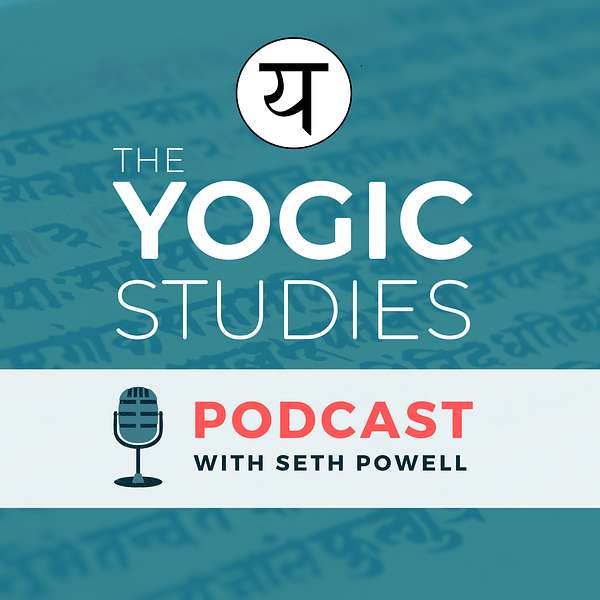
The Yogic Studies Podcast
In-depth explorations into the traditions of Yoga, Sanskrit, Indian Philosophy, and South Asian Religions. Featuring candid conversations and interviews with scholars and educators from around the world. Hosted by Seth Powell.
The Yogic Studies Podcast
38. Carl Ernst | The History of Sufism and Yoga
In this episode we speak with Carl Ernst about his career of scholarship on Sufism—which he describes as the tradition of ethics and spirituality associated with Islam. In particular we discuss the unique history of Sufism's engagement with Hindu forms of yoga in northern India, which has been the subject of numerous important publications by Ernst. We discuss the nature of Sufism, the fluid boundaries of religious identity, and the fascinating history of translation and adaptation of yoga within the Sufi orders, including the unique transmission of the "Ocean of Life" (Baḥr al-ḥayāt), compiled by Muḥammad Ghawth in 1550. We conclude with a preview of Ernst's upcoming online course, YS 123 | Sufism and Yoga.
Speaker Bio
Dr. Carl W. Ernst is the William R. Kenan, Jr. Distinguished Professor of Religious Studies Emeritus, University of North Carolina at Chapel Hill. He is an academic specialist in Islamic studies, with a focus on West and South Asia. Ernst has received research fellowships from the Fulbright program, the National Endowment for the Humanities, and the John Simon Guggenheim Foundation, and he has been elected a Fellow of the American Academy of Arts and Sciences. His research, based on the study of Arabic, Persian, and Urdu, has been mainly devoted to the study of three areas: general and critical issues of Islamic studies, premodern and contemporary Sufism, and Indo-Muslim culture.
He studied comparative religion at Stanford University (A.B. 1973) and Harvard University (Ph.D. 1981). He has done extended research tours in India (1978-79, 1981), Pakistan (1986, 2000, 2005), and Turkey (1991), and has been a regular visitor to the Gulf, Turkey, Iran, and Southeast Asia for lectures and conferences. His next publications, coming out in August 2023, are I Cannot Write My Life: Islam, Arabic, and Slavery in Omar ibn Said’s America, co-authored with Mbaye Lo (UNC Press, 2023), and Breathtaking Revelations: The Science of Breath, from the Fifty Kamarupa Verses to Hazrat Inayat Khan, co-authored with Patrick d’Silva (Suluk Press, 2023).
Links